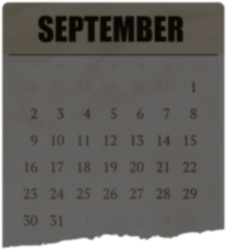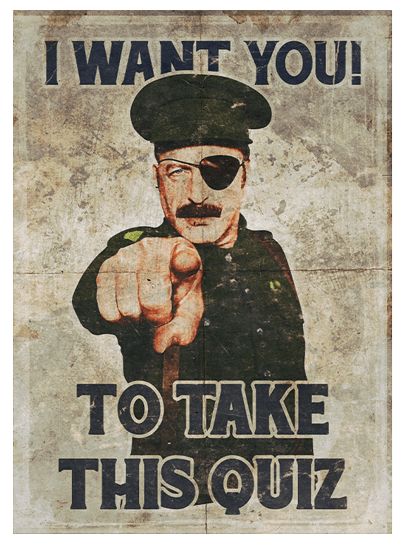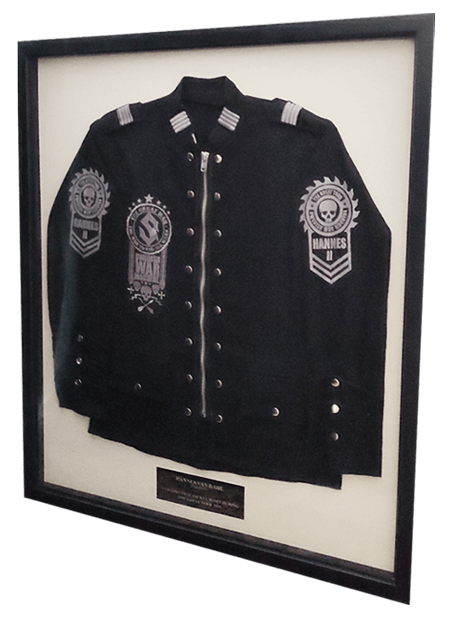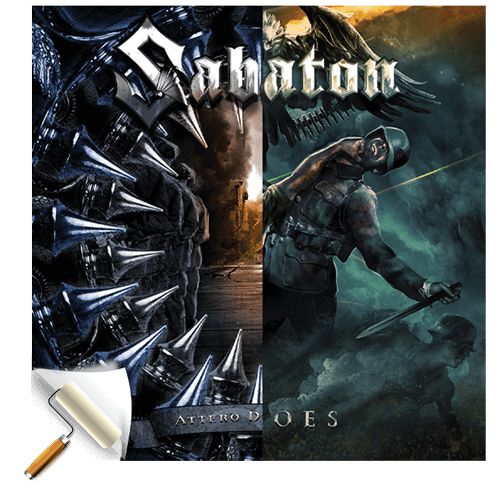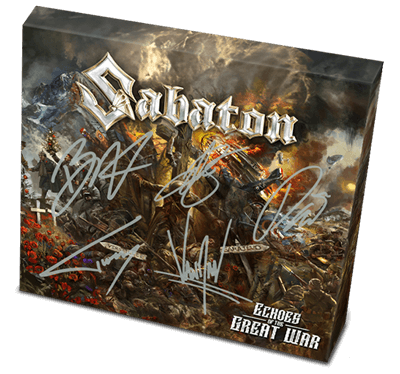The Lost Battalion
The Argonne is rough terrain, with rocky hills and thick woodland, and it had been in German hands since the end of 1914. Now, in late September 1918, the Argonne was an important part of the strongest German position, the Hagen-Stellung, and as the Allies finally began to break through, it came down to the Americans to push through that fortified maze of bushes and ravines.
The American forces had hardly any experience in this terrain, especially not the 77th Division. That division was mostly from New York, made up of former street kids, baseball players, thugs, gamblers, clerks, gangsters, shoemakers, bouncers and everything else. Many were recent immigrants, men with Irish, German, Polish or Russian heritage, Catholics, Protestants and Jews. They were the most diverse group imaginable, and just before they were shipped out to France in April 1918, they had been bolstered with men from the Midwest. They truly were an All-American division.
The Meuse-Argonne Offensive
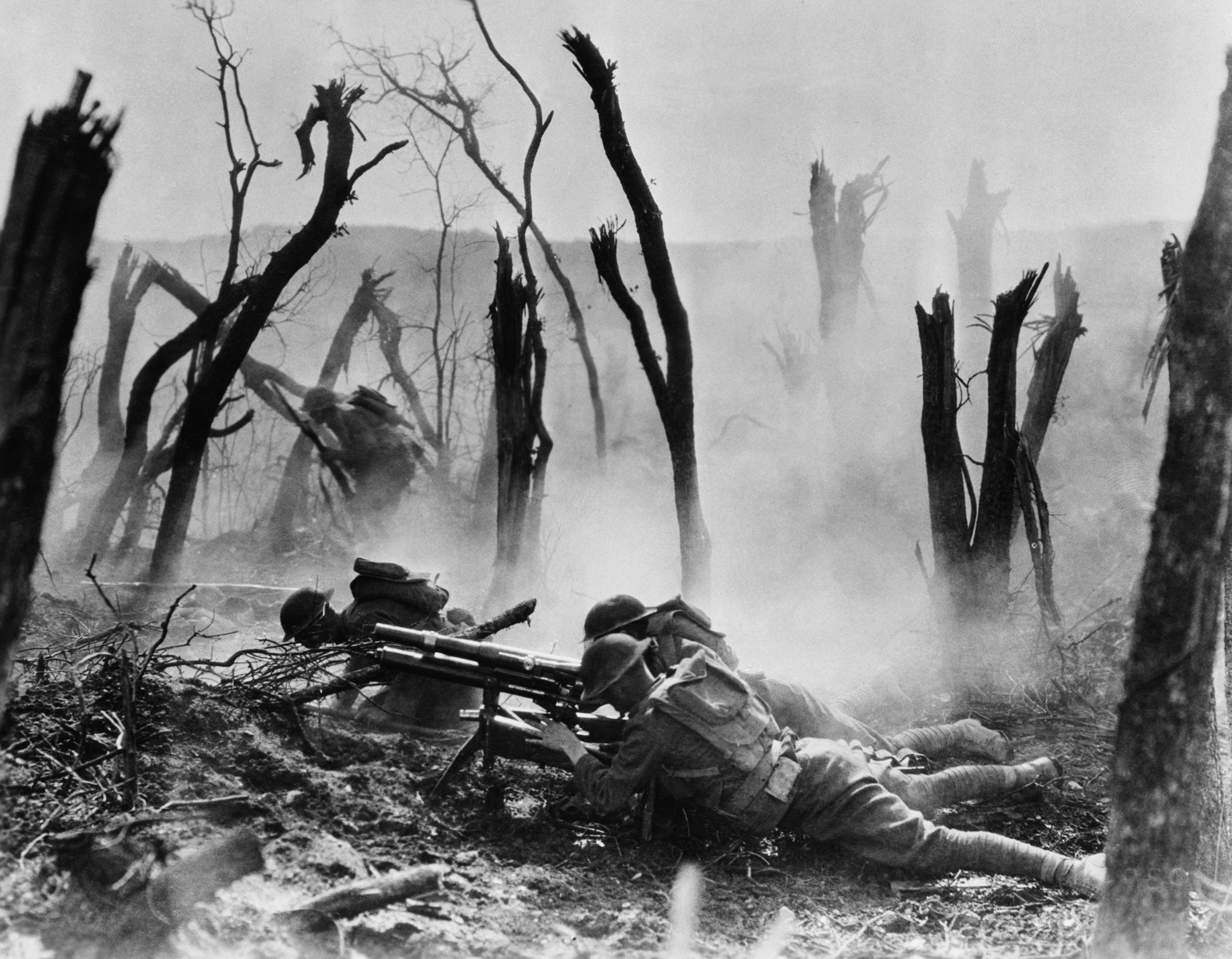
The Meuse-Argonne Offensive had been making progress, and despite heavy casualties, the Americans advanced several miles towards the Germans. By the end of September, the 77th Division stood deep in enemy territory. But progress was still way too slow for High Command’s liking, and orders came to step up the pace. As long as the official casualty list was still comparably low, there was no need to stop.
For the men on the ground, this was easier said than done. Major Charles Whittlesey, in command of nine companies of the 77th, complained to General Alexander, who was in overall command, that their flanks were constantly exposed as the French forces on the left and the 308th Regiment on the right were not keeping up with them.
That was indeed a major problem, because once inside the forest, it was easy to lose track of time and direction. Since they had no wireless radio, they had to rely on maps and compasses. Time and time again they had been surprised by hidden German machine-gun posts, and German infiltration teams were constantly trying to outflank companies that went too far ahead. More than once, Whittlesey’s companies had lost contact with the forces on their flanks.
General Alexander gave the strict order that they were to go forwards, not backwards. Major Whittlesey wholeheartedly disagreed with Alexander, and he knew the reality of front line combat better, but there was no point in arguing. In the early morning of October 2, 1918, Whittlesey’s battalion of roughly 554 men entered the forest, behind a barrage where the German trenches were believed to be. As they marched forward, they noticed that the enemy was strangely silent. Here and there terrified young boys and exhausted old men in dirty German uniforms came their way, surrendering without a fight, and hopes were high that Germany was finally coming to the end of its fighting capability, but once again hidden machine guns and mortars opened up on them. Yet there was no continuous German line, jut small nests of resistance.
They pushed on until the evening, and reached the top of a ravine where they suddenly stood at a major German strong-point, but one without a single German soldier in sight. Maybe General Alexander had been right all along. Maybe the Germans were truly broken and in full retreat. Major Whittlesey ordered his men to move along, though he hadn’t heard from the commanders on his flanks for quite a while.
What he could not know was that the Germans were by no means broken. He had simply found a hole in their frontline. The French and the 308th had made only little progress, and the only ones really pushing forward right now were Whittelsey’s nine companies… and the Germans were about to notice.
Worst fears come true
By nightfall the battalion had dug in on the side of a hill and they arranged their machine guns around the perimeter. Major Whittlesey was then informed that the men had heard German voices back from where they came.
As daylight found them, so too did the German mortars. Whittlesey had around 500 men fit for action and had still heard nothing from his flanks. He sent out runners, and they thought they spotted German soldiers moving through the bushes. Whittlesey had seen these German infiltration tactics before, so he sent out his strongest company, E Company. But were they really Germans out there? Or friendly runners trying to re-establish connection?
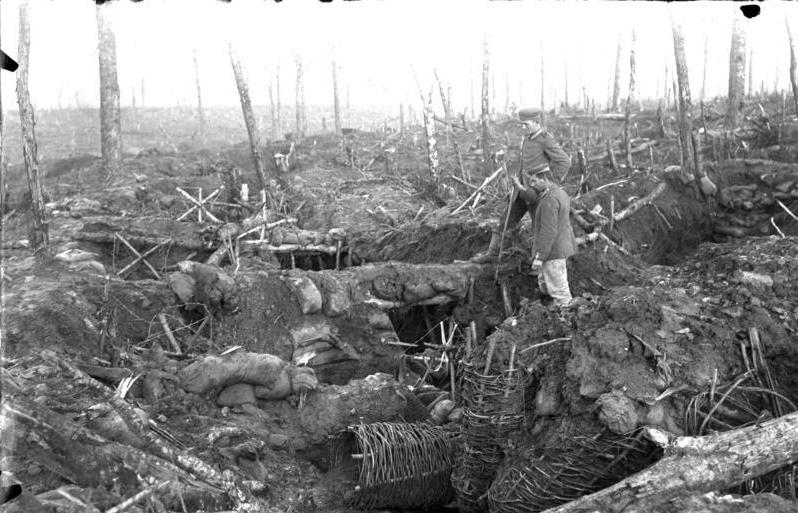
A voice came from the bushes. “Americans?”, it asked. A private replied: “Yes. E Company.” The response to that was a hail of hand grenades and machine gun fire. E Company was no more, the Germans had found them, and Whittlesey’s worst fears had come true. He was cut off and not even his carrier pigeons seemed to find their way. The German artillery was moving ever closer, and Whittlesey was in a tight spot. He could pull back and make a break for the American lines, but he had a lot of wounded. Going back would leave them in the open. He also had no idea how many Germans were there. He chose to stay.
The Germans tested them, rushing from cover to cover, baiting the Americans to fire at them and reveal their positions. German mortars caused heavy casualties. but the Americans had an advantage – they had German immigrants in their ranks who understood the carelessly shouted German commands. This foiled the attacks until night fell. The pocket was shrinking but still held, though water and food were running out quickly.
On the third day, it had run out completely, and the men resorted to searching German corpses for food. Whittlesey and the other officers did their best to keep up morale, and in the middle of nowhere in a forest in France, the New Yorker attitude still came through. Every German attack was met with defiance, and every insult was promptly returned. The 77th would not be cowed and would not give up.
Cher Ami the carrier pigeon
In the afternoon, the shelling intensified and crept dangerously close. Then it finally hit their positions. Huge artillery shells rained down on them and it became clear that it was American artillery. Whittlesey hurried to his birds. None had returned, and there was only one left, the handler’s favourite – a black and white pigeon called Cher Ami. Whittlesey wrote: “Our own artillery is dropping a barrage directly on us. For Heaven’s sake, stop it!” He added his coordinates to the paper, put it in an aluminium tube and bound it to the bird’s leg. All their hopes lay with this bird, and Cher-Ami took off… to the next tree where it sat peacefully on a branch, watching the men, who kicked the tree and threw stones at the bird until it took flight again.
The shelling continued and got even worse as the Germans joined in. Soon, German soldiers were breaking into the pocket, hurling grenades as they came down the slope. Had they intended on killing all of the Americans, they would have probably succeeded, but instead they tried to take prisoners. This gave the battalion a chance to fight back. Machine guns ran hot, soldiers fired at point blank range from a wall of corpses, resisting capture once more, forcing the Germans to retreat. And night fell once again.
Unknown to them, their story was getting attention. At first politically. Both American and German High Commands knew that the destruction of the pocket would be a propaganda coup. The Germans could boast how superior their troops were and the Americans would face political backlash back at home, and maybe even be taken out of the line. Both sides increased efforts to find them.
As morning broke on the fourth day, Whittlesey and his men had no food, little ammo and most of their machine guns were destroyed. The artillery barrage came back, but this time it did not hit their position, instead falling on the Germans further north. Cher Ami had found its way to the American headquarters. With a shrapnel wound and a leg blown off, it had still given their coordinates to HQ. Now, the American command knew where they were, but still didn’t know their situation. In fact, Alexander was writing out orders that Whittlesey should resume the attack northwards.
The Germans made plans to finally destroy the pocket and the next night several groups of veteran stormtroopers appeared at the front ready to move in, but this time, they would not take prisoners
At midday on day five came panicked shouts. Liquid fire sprayed the position, and a shower of grenades fell. German flamethrowers came down the slope, while from the flanks, stormtroopers tore through the bushes. A violent melee began. Engulfed in smoke and flames, the pocket turned into a no-holds barred brawl to the death. The Americans engaged the stormtroopers with knives, clubs and bayonets. Officers fired their revolvers at point blank range. No quarter was given; no mercy was shown; and the Americans held – barely, but they held.
The biggest American story of the war
The sixth day of combat began. The men were exhausted, both mentally and physically. The mood was now fatalistic and many wrote their final letters, not expecting to come out alive, but the Germans sent in a letter of their own, asking for surrender. Whittlesey made it clear that there would be no surrender.
High command had sent out volunteers to establish contact. Many were intercepted by the Germans, but some eventually broke through and came in contact with the rest of the 77th Division, trying to fight its way through to the Lost Battalion. Finally on October 8, after seven days of combat, the Lost Battalion was found.
Food and water were rushed to the exhausted men. From the 554 men that went in, 197 were killed and 150 were either missing or captured by the enemy. Only 194 men walked out of the pocket under their own steam, but most of them were wounded.
Nearly overnight, it became the biggest American story of the war. War reporters rushed to the scene and immediately interviewed the men – a reason why we have such a detailed account of the fighting. Major Charles Whittlesey and two other captains would receive the Medal of Honour for their actions, but all of the men had become heroes to the American public, and stories and books were written about them. They really became the ‘All-American’ heroes of the war, and to this day, books, films and songs are written about them and their stand, as they have entered the realm of American legends.
The 77th Division’s experience during the Meuse-Argonne Offensive heavily inspired our song ‘ The Lost Battalion ‘, which is featured on our album, The Last Stand. Take a look at the lyrics we wrote here.
If you’re interested in a more visual interpretation of this story, watch our Sabaton History episode, The Lost Battalion – The Meuse-Argonne Offensive:
